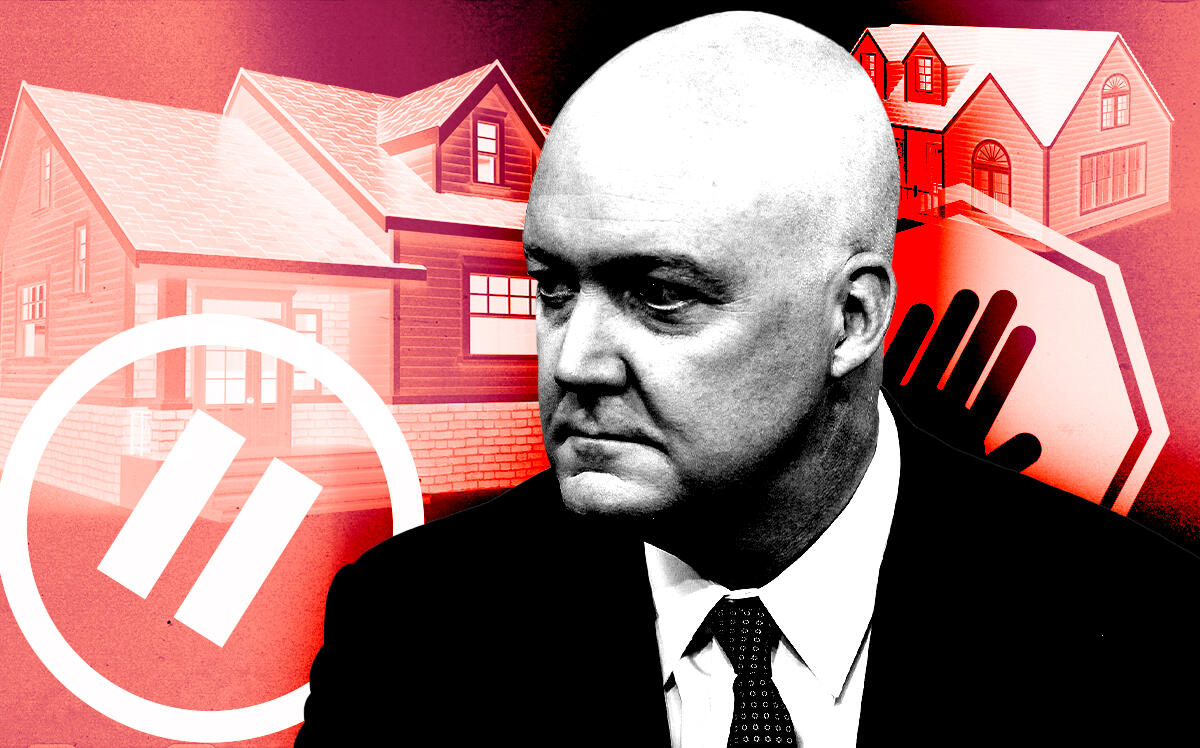 Investors cool home purchasing for single-family rentals
Investors cool home purchasing for single-family rentals
Trending
Blackstone’s single-family rental arm pauses purchases in half of markets
Home Partners of America to halt deals next month

Single-family landlord Home Partners of America is pulling back activity from nearly half of its markets in the coming months.
The company will pause purchasing activity in 38 markets at the start of September, Bloomberg reported. Home Partners cited home price appreciation, market demand and regulations as reasons for the break.
The company said it hopes “to resume purchasing homes in these markets in the future.”
Blackstone, which acquired the single-family rental company last year, downplayed the move in a statement of its own. The firm said Home Partners’ purchasing remains active in more than 20 of the highest-growth markets and the pause affects markets representing less than 5 percent of recent activity.
The markets affected by the pause include Cincinnati, Detroit, Louisville, Memphis, Milwaukee and New Orleans. Home Partners, which operates in 80 markets, will pause purchasing in an additional 10 markets on Oct. 1.
Read more
 Investors cool home purchasing for single-family rentals
Investors cool home purchasing for single-family rentals
 Could a recession be rocket fuel for single-family rentals?
Could a recession be rocket fuel for single-family rentals?
Home Partners customers apply for the program and submit homes they wish to buy someday. The company then makes a cash purchase and rents the property back to the customer, who has the right to purchase the home down the road at a predetermined price.
In those markets, approved customers who haven’t submitted homes by the deadline will be withdrawn from the program. Their application fee will be refunded.
Blackstone’s $6 billion acquisition of the single-family rental firm was announced last June, betting on the allure of ownership and benefits of rent-to-own programs.
Investors have been cooling on home purchases for single-family rentals, frightened by high home prices and the rising cost of financing.
KKR & Co.’s My Community Homes, American Homes 4 Rent and Amherst Holdings are among the investors who have slowed down purchases in recent weeks. Some investors have cut buying activity by more than 50 percent.
— Holden Walter-Warner




